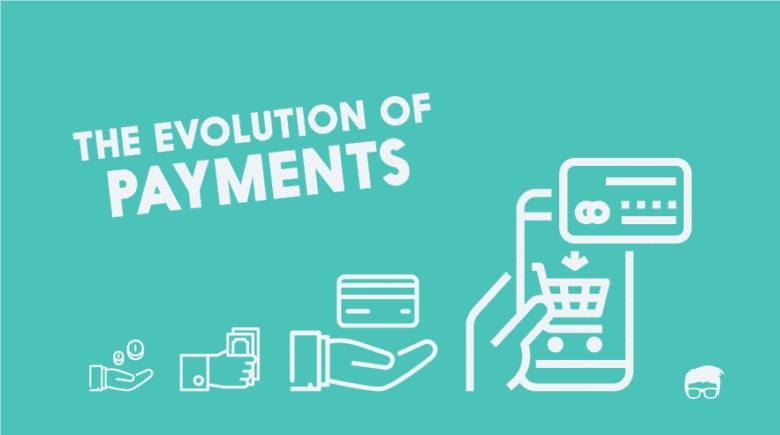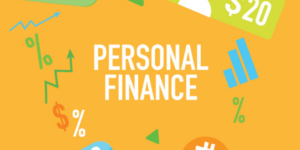In the digital age, security and ease of use are very important and old payment methods will soon be replaced by new ones. Digital wallets are one of these breakthrough technologies. It changes the way we buy things, handle money and handle cash. This article describes how payment methods have changed over time and how digital wallets are becoming important in today’s fast-paced world.
1. The Rise of Digital Wallets: Massive Changes in Payment Methods
When the concept of digital wallets first emerged in the early 2000s, it revolutionized the way people transacted money. Initially, digital wallets were primarily desktop programs that allowed users to store credit information for online purchases in a secure environment. However, the widespread adoption of smartphones has brought dramatic changes to the functionality of digital payment systems.
2. Mobile Wallet Leadership: Convenience Reflection
Mobile wallet is a form of digital banking that is changing the way payments are made. When these apps are installed on a smartphone, users can save different types of payment methods such as credit cards, debit cards and even coins. People can buy things in stores, pay bills and send money to other people just by touching their computer. They don’t need cash or cards.
Major technology companies such as Apple Pay, Google Pay and Samsung Pay are leading the way in mobile payments. These platforms use Near Field Communication (NFC) technology to make transmission simple and secure. All you have to do is wave your smartphone near a compatible payment terminal. This convenience is a major reason why many people use mobile wallets.
3. The Rise of Cryptocurrency Wallets: Digital Assets for the 21st Century
In the world of digital wallets, a new type of wallet has emerged: the Bitcoin wallet. These wallets are designed for increasingly well-known digital currencies such as Bitcoin, Ethereum and Litecoin. Cryptocurrency wallets store encryption keys, allowing users to securely access and manage their digital assets.
Soft wallets and hardware wallets are the two main types of Bitcoin wallets. The software wallet can be downloaded as a PC or mobile app, making it easier and more accessible for the average person to use. Hardware wallets, on the other hand, are realistic ways to store cryptocurrency offline. They are more secure because they keep the keys away from network errors, making them more secure.
4. Security Paradigm: Keeping Transactions Safe
Security is one of the biggest concerns for people using digital wallets. Based on these concerns, the company has implemented strict safety measures. Biometric authentication (such as fingerprint or facial recognition) adds an extra layer of security to a digital wallet, allowing only authorized users to use it.
Tokenization also improves security during transactions. Tokenization is the process of replacing private data with a unique symbol or token. When you make a payment with a digital wallet, a code is created. This keeps your real card details safe. This approach significantly reduces the chance of data being stolen or accessed without permission.
5. Seamless Integration and New Ideas for Digital Wallets in the Future:
As digital wallets continue to grow in popularity, exciting things could happen in the future. The addition of additional features in digital wallet applications is one of the most important trends. This includes loyalty programs that give users easy access to discounts and rewards. Some digital wallets come with planning tools that help users keep track of their money.
The arrival of the central bank digital currency (CBDC) could also bring more changes to the world of digital wallets. Central banks issue and control digital currencies called CBDCs. These can be stored and sent using digital wallets, making it a secure way to pay online.
Conclusion:
All in all, the advent of digital wallets has brought dramatic changes to our relationship with money and ushered in a new era in the way we send and receive financial transactions. Because digital wallets are simple, secure and constantly evolving, they have become an important part of today’s modern financial system. The functionality of digital wallets will likely continue to evolve as technology advances and user demands increase. This will affect the future of global business and financial transactions. The use of digital wallets is not just a fad; it’s a trend. Rather, it represents an important step forward in efforts to make the financial system more efficient, secure and user-friendly.
FAQs:
1. Can you explain what a digital wallet is?
Users can trade, manage accounts and store digital assets using software-based programs called digital wallets. Digital wallets are designed to handle a variety of payments securely. The ability to pay separately from your desktop or mobile device is convenient and flexible.
2. How can digital wallets improve the security of financial transactions?
By using biometric authentication (such as fingerprint and facial recognition) and tokenization, digital wallets offer a higher level of protection than traditional wallets. To ensure that only authorized users have access to the wallet, biometric measures are used and tokenization replaces sensitive information with a unique symbol to reduce the chance of data leaks.
3. Can I use a digital wallet for cryptocurrency transactions?
Digital assets such as Bitcoin and Ethereum can be managed using specialized digital wallets called cryptocurrency wallets. These wallets are available online. These wallets can be software or hardware and are used to store cryptographic keys and handle cryptocurrencies in a secure manner. Wallets come in many sizes.
4. What other functions does a digital wallet have?
Users can instantly collect points and discounts thanks to the seamless integration of other services common in digital wallets, such as loyalty programs. Some wallets also include budget features, allowing users to successfully manage their money while staying on the same plan.
5. Are e-wallets the future of payments?
Digital wallets are indeed having a major impact on the future of payments due to the convenience, security and constant innovation they provide. Digital wallets are expected to play a crucial role in the ever-expanding world of financial transactions due to the integration of features such as the major digital banking currency (CBDC).



